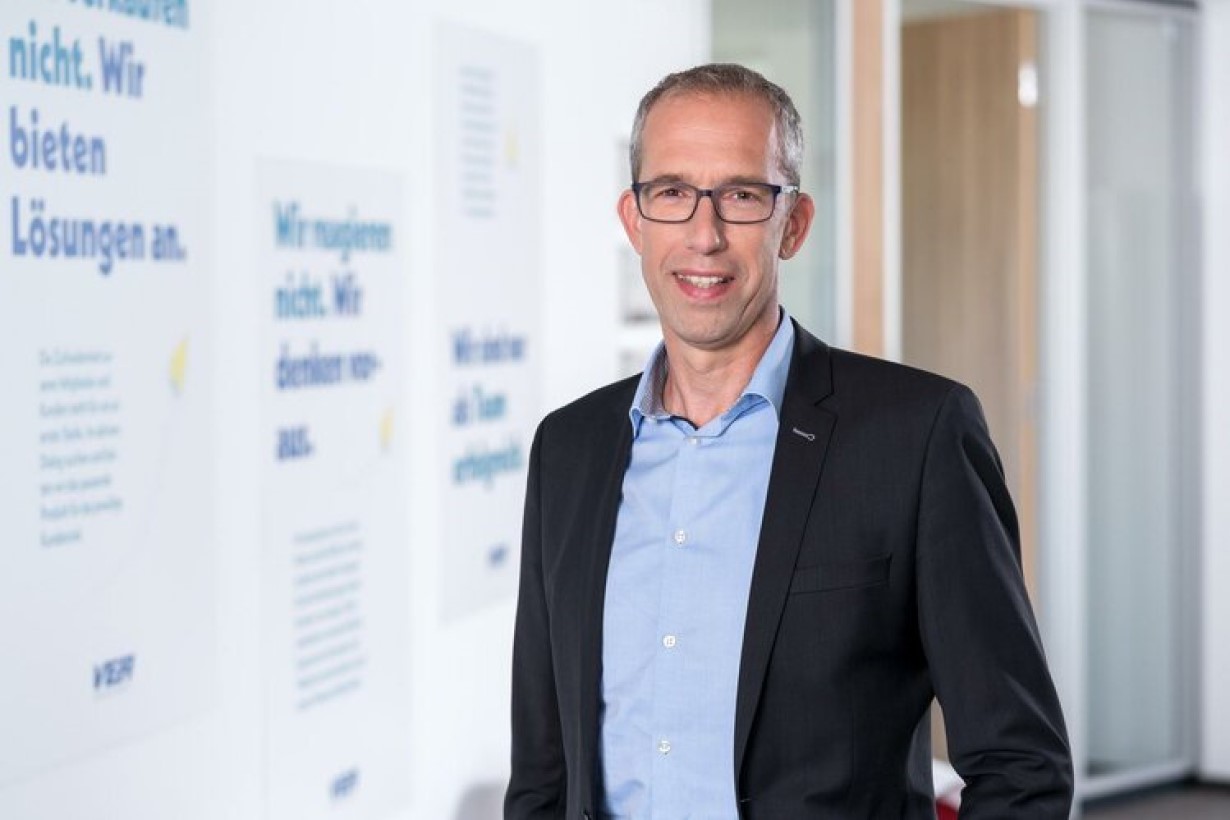On 5 July, the Federal Cabinet approved the draft budget for 2024. In the process, the item of the so-called energy tax peak compensation was eliminated. This provides relief for energy-intensive companies whose energy tax burden exceeds the relief on pension insurance contributions. Eligible companies receive a refund of up to 90 percent of the energy and electricity tax.
Christoph René Holler, spokesman for the SME association “Bündnis faire Energiewende” (BfE), explains: “Energy prices continue to be far too high in international comparison, moreover, the relief provided by the energy price brakes expires at the end of the year, and deindustrialisation in Germany as a business location is in full swing. Either the Federal Government is turning a blind eye to this or is deliberately accepting that thousands of small and medium-sized enterprises no longer have a chance in Germany as a business location.”
For thousands of industrial companies in Germany, the abolition of the energy tax peak compensation is another slap in the face. “What else does the Federal Government actually want to burden our small and medium-sized industry with? Basic business knowledge is enough to calculate that production in Germany is no longer competitive. The slide effect has long since begun. Although companies want to stay, they have no other chance than to produce where energy is still affordable.”
In the press statement of the VEA – Bundesverband der Energie-Abnehmer e.V. (Federal Association of Energy Purchasers) of 7 July 2023, Managing Director Christian Otto says: “Energy-intensive SMEs are willing to take the path to climate neutrality, but to do so they need reliable framework conditions. On Monday, we were still wrangling with other business representatives in the BMWK about the extension of the bridge electricity price to medium-sized companies that want to decarbonise their heating processes in the short term. And on Tuesday, the abolition of the peak compensation for energy and electricity tax hit us and small and medium-sized enterprises completely unexpectedly. This is a shock and a bitter setback for Germany as a business location.A reliable economic policy looks different.For many companies, this is the straw that breaks the camel’s back; politicians are gambling away confidence. I have spoken to many entrepreneurs about this in recent days. The general tenor is to stop investing in Germany. For that, a minimum of investment security is needed. Investments that are so urgently needed right now on the path to decarbonisation. With the abolition of the electricity tax equalisation scheme, the very energy source that makes decarbonisation through electrification possible in the first place is becoming even more expensive. I have no understanding for this and it will lead to Germany not achieving its climate targets.”
